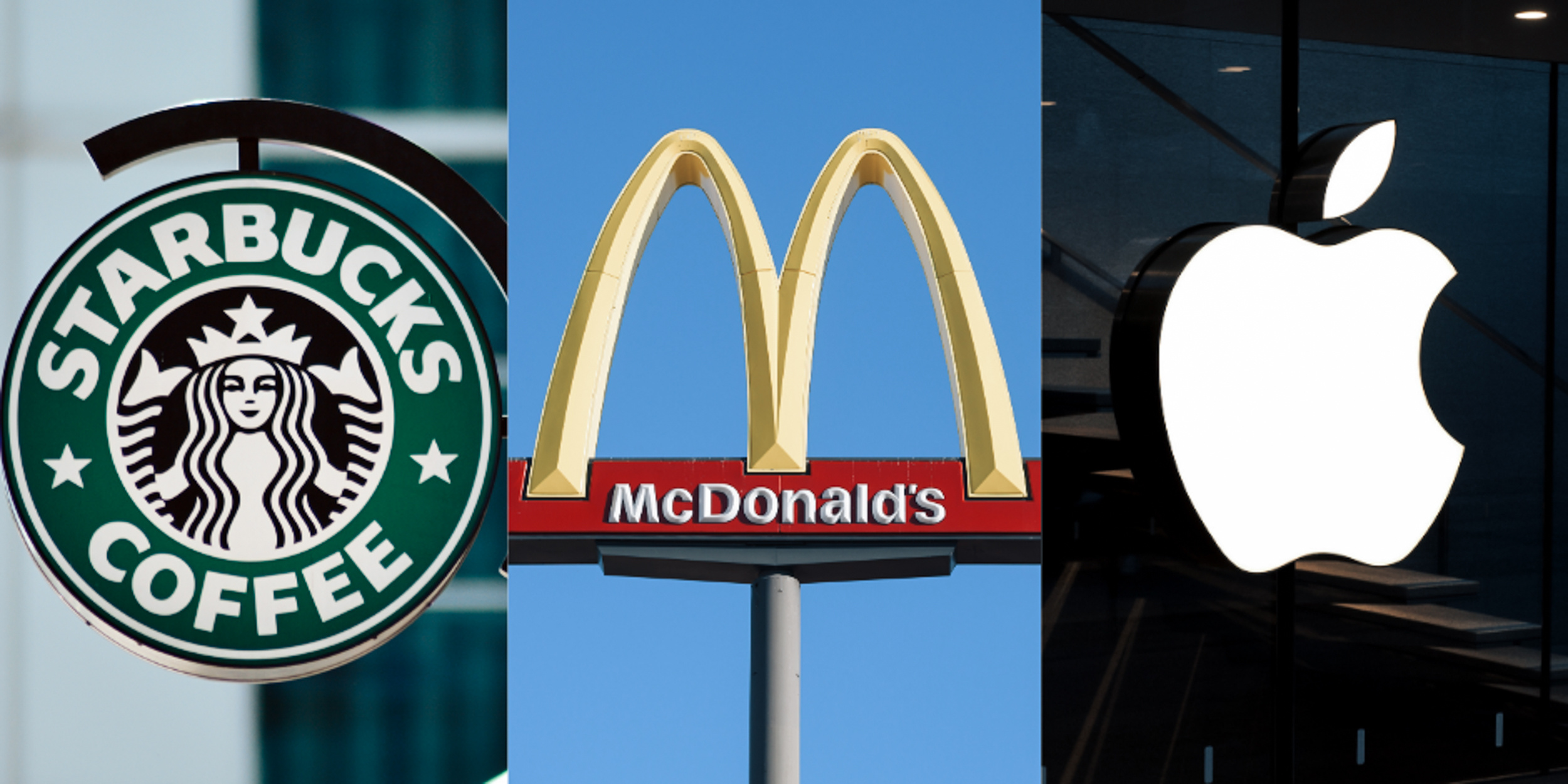The experts seem to agree that the Great Recession of 2022-2023 (widely predicted but never happened) is behind us; the inflation monster has been slain; and consumer spending, while not robust, has continued to grow.
The gathering consensus among economists now is that the Federal Reserve’s interest-rate strategy is about to achieve something approaching a miracle—a “soft landing” instead of the full-scale recession (two consecutive quarters of negative GDP) many had been forecasting for so long.
There is no formal definition of a soft landing, but there are dark clouds forming on the horizon that could be harbingers of a not-so-soft pullback in consumer sentiment and spending habits. The most recent financial reports for companies like McDonald’s and Starbucks serve as possible bellwethers for what’s around the corner.
Last week, McDonald's reported same-store sales for the most recent quarter were down 1%, the first quarterly decline in four years. CEO Chris Kempczinski told Wall Street analysts that lower-income consumers began reducing their visits last year, that the slowdown has deepened and broadened, and that “consumer sentiment in most of our major markets remains low.”
Starbucks recently reported its second consecutive quarter of declines in comparable sales (3% for the most recent quarter), and a stunning 6% slump in transactions.
As we noted here recently, private label grocery store products have been trending for the past couple of years. Consumers may still be spending, but they are becoming increasingly defensive and sticking to the basics. Eating out and barista-style coffee is no longer viewed as a deserved treat or a wise spend.
That same defensiveness may explain why Apple’s revenue fell last year by 2.3%, by 4.3% for the quarter ended March 31, and by 0.9% over the preceding 12 months. The company’s revenue fell in five of the six previous quarters. (Apple is set to report its latest quarterly results this week.) The company’s flagship product, the iPhone, is premium-priced. In China and elsewhere, cheaper competitors are eating into the company’s market share.
The fact that more people are not talking about a possible recession may be due to the mixed signals the economy has been generating. The stock markets are close to their all-time highs. Interest rates are still high, but the Fed is expected to bring them down soon. Consumers are still spending, but credit card debt is at a record high.
Consumer spending represents roughly 70% of the US economy. If you want to know what’s really going on behind the headlines, you have to pay attention to the little things that matter to consumers. When McDonald’s is seen as too expensive a treat, and a frappuccino starts to feel like an overpriced cup of coffee, it’s time to recognize that a broad swath of the US economy is pessimistic about the future. Buckle up.
Subscription Required.














